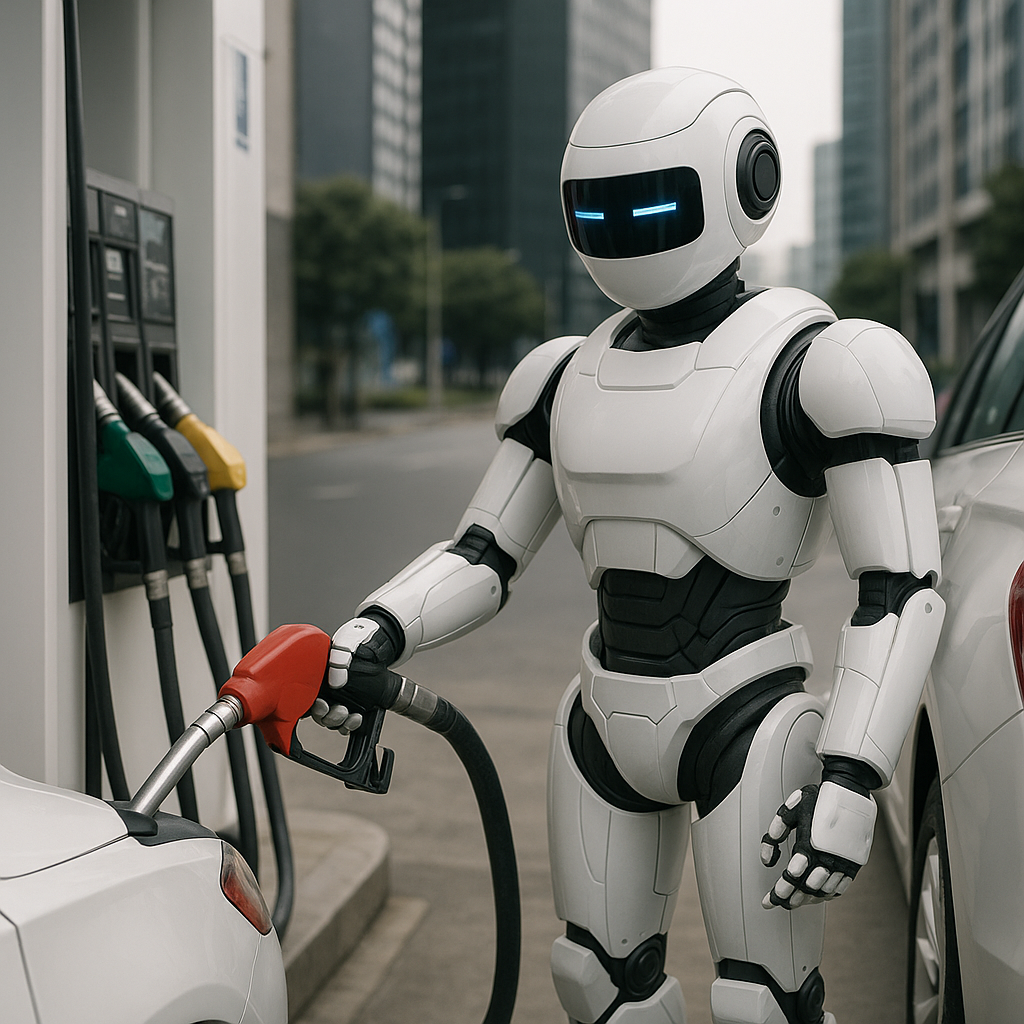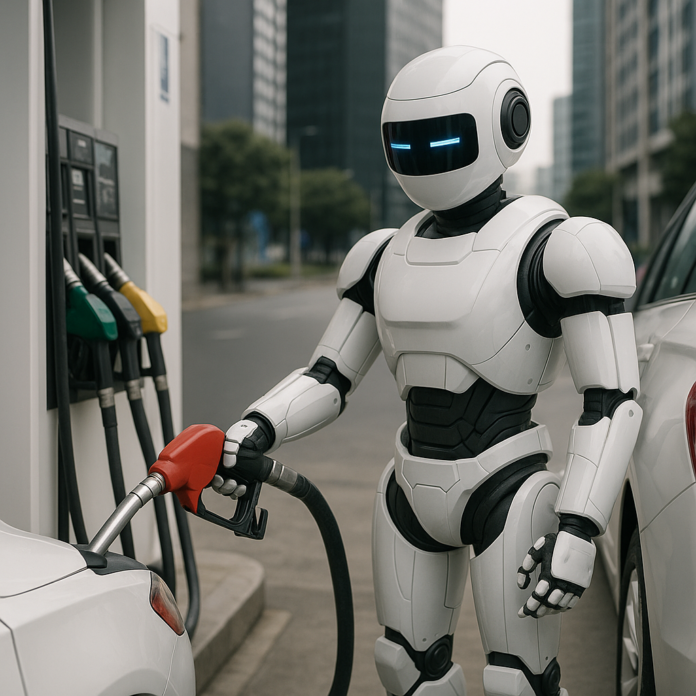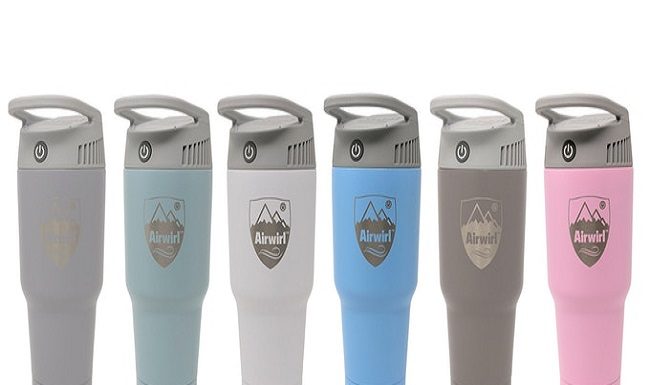We’re not in the future anymore. We’re in the present that once felt like science fiction.

Across the globe, automation and robotics are accelerating at a staggering pace—and not just in factories or warehouses. Robots are increasingly stepping into roles traditionally held by humans: service, security, retail, logistics, body massages, and even military operations.
Let’s take a closer look at how this transformation is unfolding, and what it might mean for the global workforce.
🔻 A Thread on Robots Replacing Human Jobs:
1. A Robot Serving at a Gas Station in Hangzhou, China
In the bustling city of Hangzhou, a new kind of employee is quietly taking over: gas station attendants are being replaced by AI-powered robots. These machines operate 24/7, never tire, never demand raises, and are immune to pandemics.
Another job gone.
Another example of human labor being quietly phased out.
2. Military Robotics: 50% of China’s Robots Are Trained for War
A staggering statistic: Half of the robots being developed in China are designed for military applications.
From unmanned tanks and aerial drones to robotic soldiers and AI surveillance systems, warfare is being automated at an unprecedented rate. These machines don’t sleep, don’t fear, and don’t hesitate. They follow orders with machine precision—and they’re already being deployed.
This raises ethical, strategic, and deeply human questions:
-
What happens when war is no longer a matter of human risk?
-
How do we legislate or limit machines that can kill without conscience?
3. Retail: Checkout-Free Stores and Robotic Staff
Amazon Go introduced it. China perfected it.
Retail locations now operate entirely without cashiers. Cameras track purchases, AI handles billing, and robotic arms restock shelves.
For millions working in retail globally, this isn’t just innovation—it’s existential.
4. Hospitality: Robot Chefs, Waiters & Receptionists
In Japan and South Korea, robot chefs cook thousands of meals a day. Hotels staffed entirely by machines check you in, carry your bags, and clean your rooms. It’s efficient—but at what cost?
In a world where machines handle customer service, where do human beings fit?
5. Logistics & Transportation
Self-driving delivery vans. Autonomous cargo drones. Fully automated warehouses.
Amazon, JD.com, and Alibaba already rely on fleets of robots to move billions in merchandise globally.
Jobs that used to employ warehouse pickers, drivers, and package handlers are vanishing under automation’s cold logic.
🔄 So, Is This Inevitable?
Technologists say, “We’re just getting started.”
But for workers across the world, the question isn’t just about innovation—it’s about displacement.
What happens to truck drivers, cooks, nurses, factory workers, and even soldiers when machines outperform them in cost, speed, and endurance?
And what happens to the economy when millions no longer earn wages—but machines never ask to be paid?
🚨 The Takeaway
Automation isn’t coming.
It’s here.
And while some hail it as a revolution of productivity, for many workers, it’s nothing short of an eviction notice from relevance.
This is over now. The game has changed.
We need to start asking the hard questions:
-
What happens to human purpose in a post-work world?
-
Can societies adapt fast enough?
-
Or are we building a future that only works for the machines?
Share your view on this article.



![[Galaxy Unpacked 2025] A First Look At The Galaxy Z Fold7](https://www.techquery.ng/wp-content/uploads/2025/07/EC5C9262-C536-4F53-BAB3-5B53771FD5F6-183x150.png)









































